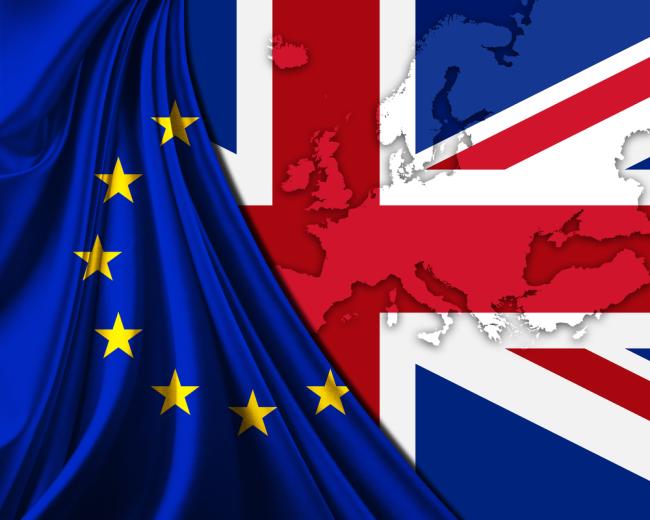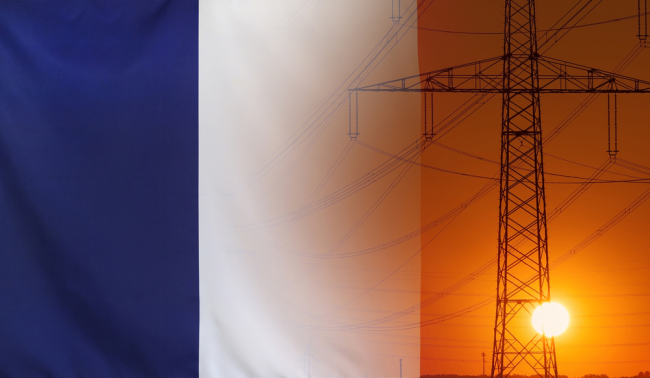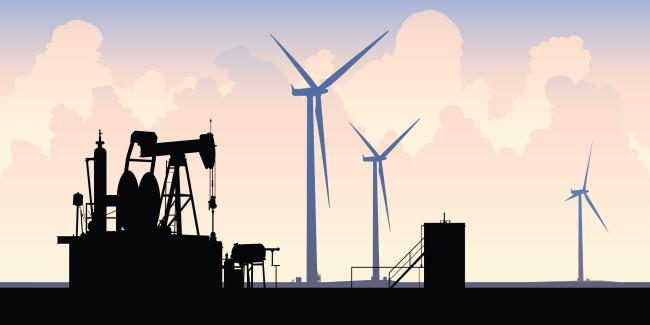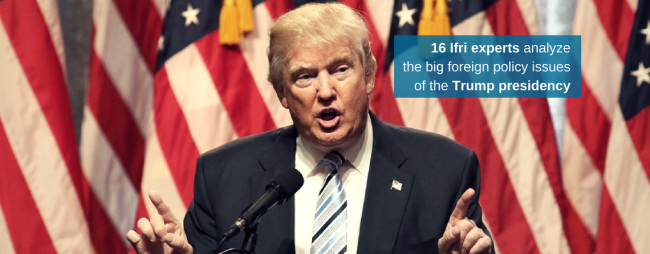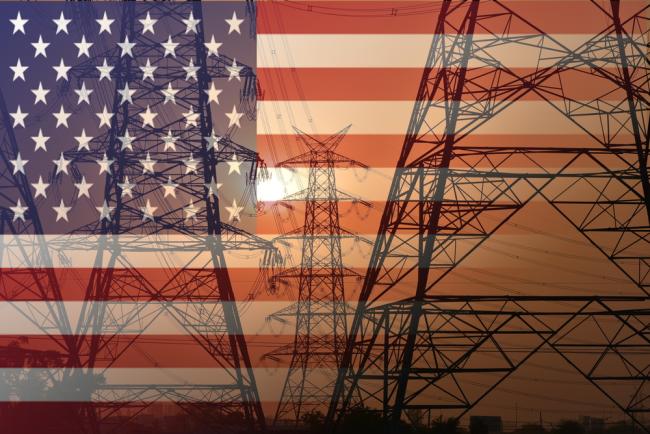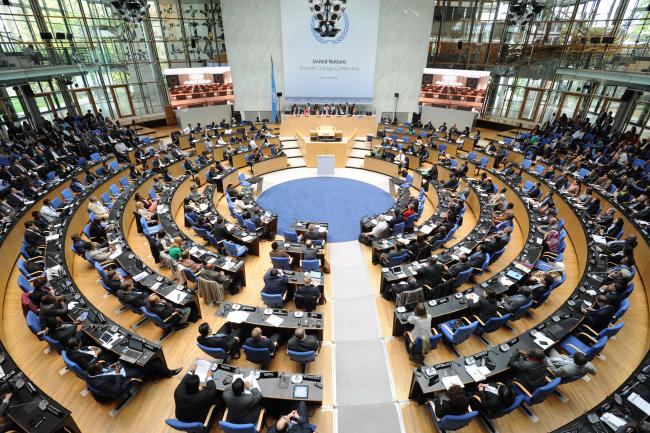
Prénom de l'expert
Carole
Nom de l'expert
MATHIEU
Former Research Fellow
Carole Mathieu is a Research Fellow at the Centre for Energy of the French Institute for International Relations (Ifri). Her research areas primarily cover climate change policies and the transformation of energy systems, European energy policy and security of gas supply. Prior to joining the Ifri Centre for Energy, she was an analyst at the French Energy Regulatory Commission (2010-2014). She has been actively involved in defining and defending the positions of the French regulator in the discussions with European Institutions, network and infrastructure operators and market players. Her work focused on the harmonisation of European gas network and market rules and on questions relating to energy security of supply of the European Union. She has regularly conducted training sessions at the French Gas Association (AFG) on the EU energy policy and on energy markets regulation. Holding a Master’s degree in Public Administration – Energy from Sciences Po Paris, Carole Mathieu has also studied at Boston College (Massachusetts, U.S.).
See more













